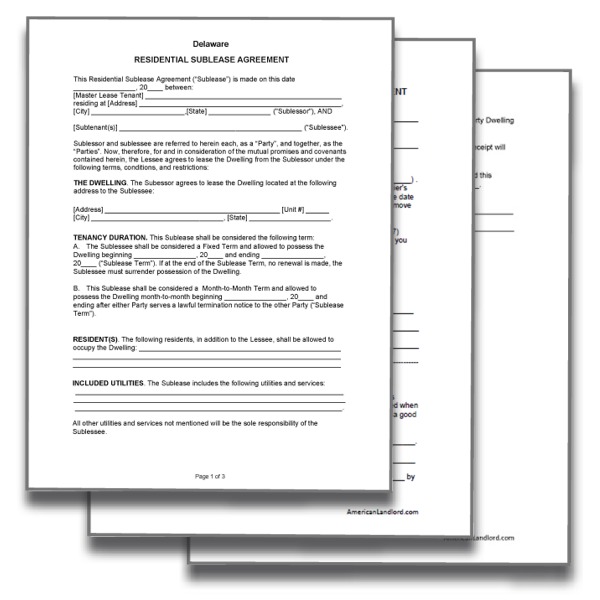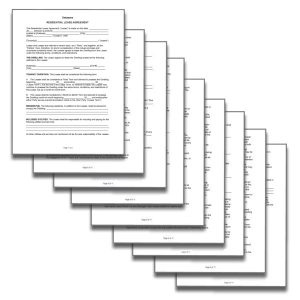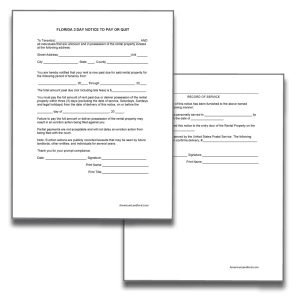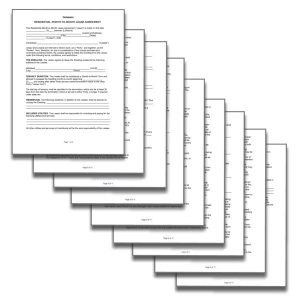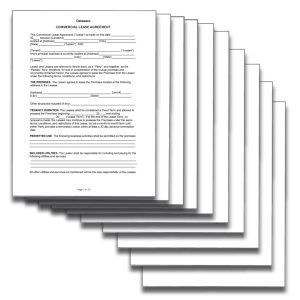A Delaware Residential Sublease Agreement enables a person to assume the covenants, conditions, and restrictions of an existing rental agreement for the remaining duration of the tenancy. In order for the original tenant to to sublet their house or apartment, the landlord needs to approve the subtenant and the sublease agreement.
What Does Delaware Law Say?
(a) On each written rental agreement, the landlord shall prominently disclose:
(1) The names and usual business addresses of all persons who are owners of the rental unit or the property of which the rental unit is a part, or the names and business addresses of their appointed resident agents; and/or
(2) The names and usual business addresses of any person who would be deemed a landlord of the unit pursuant to § 5141 of this title.
(b) Where there is a written rental agreement, the landlord shall provide a copy of such written rental agreement to the tenant, free of charge. In the case of an oral agreement, the landlord shall, on demand, furnish the tenant with a written statement containing the information required by subsection (a) of this section.
(c) Any owner or resident agent not dealing with the tenant as a landlord shall be responsible for compliance with this section by the landlord and may not take advantage of any failure to serve process upon such owner or resident agent in any proceeding arising under this Code where such failure is due to the owner or resident agent’s failure to comply with this section.
A summary of the Landlord-Tenant Code, as prepared by the Consumer Protection Unit of the Attorney General’s Office or its successor agency, shall be given to the new tenant at the beginning of the rental term. If the landlord fails to provide the summary, the tenant may plead ignorance of the law as a defense.
Required Delaware Disclosures
Delaware Landlord-Tenant Laws
Please read our Terms of Use. AmericanLandlord.com is not a substitute for consulting with a legal professional specializing in landlord-tenant law.
